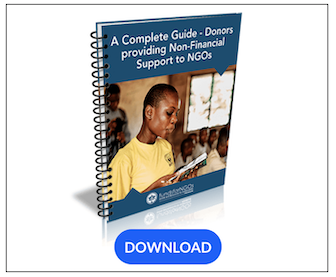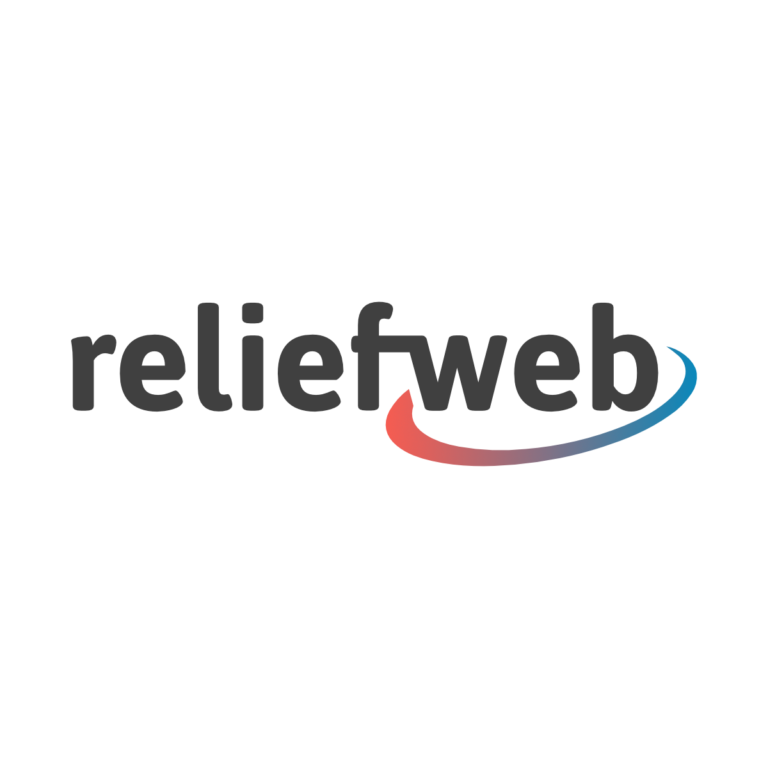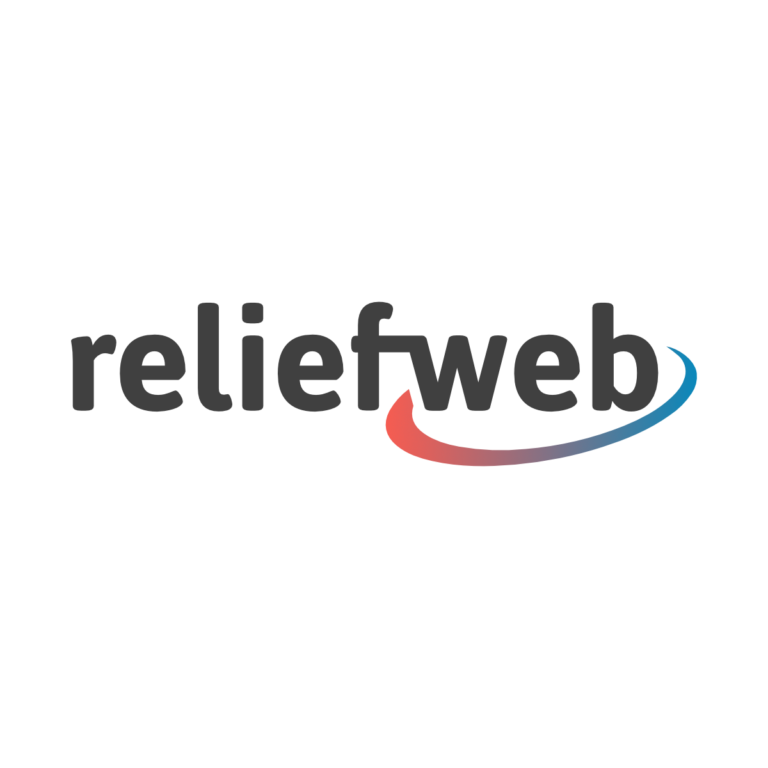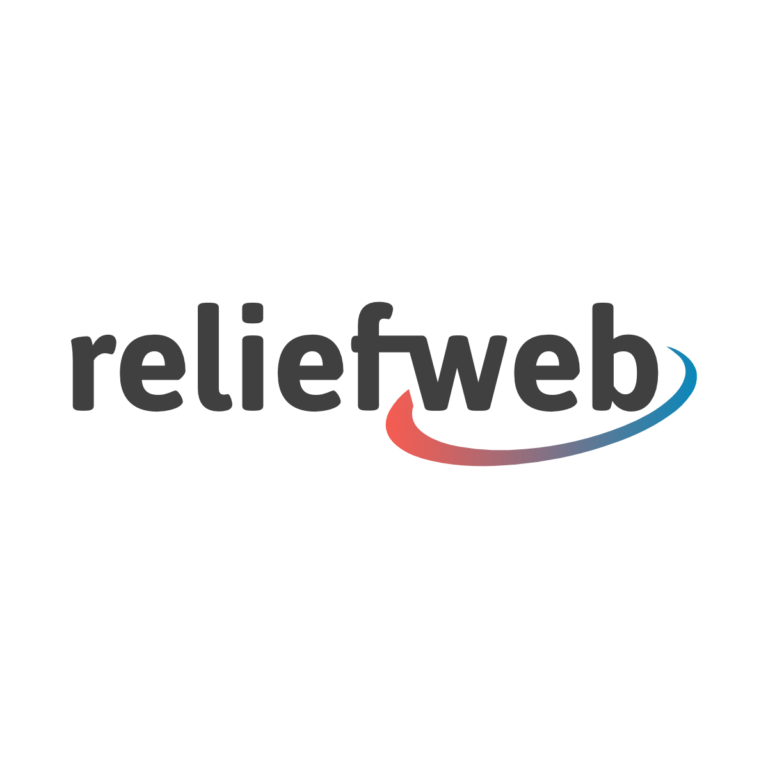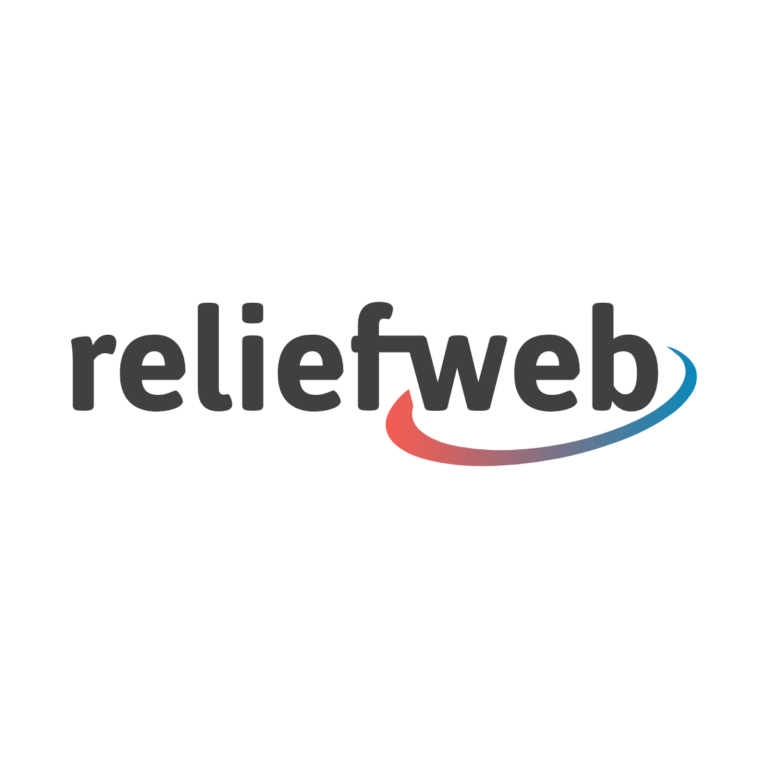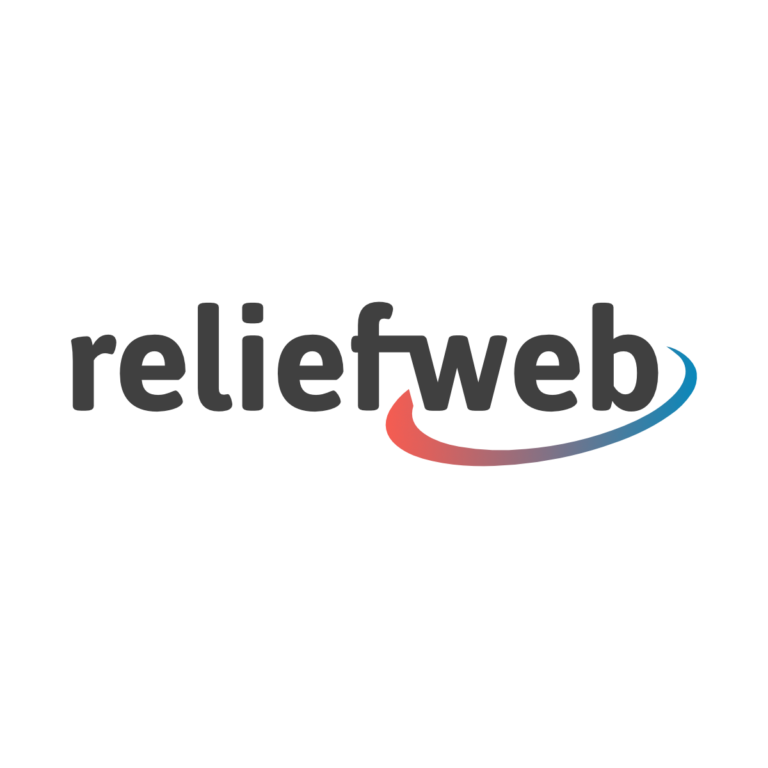ALIMA, the international medical NGO with a human face, which places at the heart of its model the co-construction of projects and professional paths
ALIMA PRESENTATION
ALIMA’S SPIRIT: ALIMA’s purpose is to save lives and provide care for the most vulnerable populations, without any discrimination based on identity, religion, or politics, through actions based on proximity, innovation, and the alliance of organizations and individuals. We act with humanity and impartiality in accordance with universal medical ethics. To gain access to patients, we undertake to act in a neutral and independent manner.
Our CHARTER defines the VALUES and PRINCIPLES of our action:
- Putting the Patient First
- Revolutionizing humanitarian medicine
- Responsibility and freedom
- Improve the quality of our actions
- Placing trust
- Collective intelligence
- Environmental responsibility
ALIMA promotes and defends the principles of fundamental human rights. ALIMA has a zero-tolerance approach towards those guilty of acts of gender and sexual violence as well as towards inaction in the face of alleged or proven acts of violence. The protection of those benefiting from and impacted by our intervention is our top priority in everything we do. Everyone collaborating with ALIMA is committed to:
- Respect the charter, the code of conduct, the institutional policies including the policy of protection against abuse of power and sexist and sexual violence, the policy of prevention of corruption and fraud;
- Report any violation of the policies, framework documents, and procedures to a superior, to a referent
CARING – INNOVATING – TOGETHER:
Since its creation in 2009, ALIMA has treated more than 7 million patients and today deploys its operations in 12 African countries. In 2020 we developed 67 humanitarian medical response projects to meet the needs of populations affected by conflicts, epidemics, and extreme poverty. All of these projects are carried out in support of national authorities through nearly 357 health facilities (including 45 hospitals and 312 health facilities). Whenever possible We work in partnership with local NGOs to ensure that our patients benefit from the best and most relevant expertise wherever it is, whether within their own country or in the rest of the world. In addition, to improve the humanitarian response, we are carrying out operational and clinical research projects, particularly in the field of the fight against malnutrition and viral hemorrhagic fevers.
ALIMA’S TEAM: more than 2000 people are currently working for ALIMA. The field teams, closest to the patients, receive their support from coordination teams generally based in the countries’ capitals. These receive support from the 4 desk teams and the emergency and opening team based at the operational headquarters in Dakar, Senegal. The Paris and New York teams are actively working to raise funds and represent ALIMA. The rest of the ALIMA Galaxy includes individuals and partner teams working on behalf of other organizations such as medical NGOs BEFEN, ALERT Health, SOS Doctors / KEOGO, AMCP, research organizations PACCI, and INSERM, Bordeaux or Copenhagen Universities, the INGO Solidarités International, and many others.
COUNTRIES WHERE WE WORK: Mali, Burkina Faso, Central African Republic, Nigeria, Niger, Chad, Democratic Republic of Congo, Cameroon, Guinea, South Sudan, Sudan, Mauritania.
THE WORK WE DO covers: Malnutrition, Maternal Health, Primary Health, Pediatrics, Malaria, Epidemics (Ebola, Cholera, Measles, Dengue, Lassa Fever), Hospitalization, Emergencies, Gender-Based Violence, Opening / Closing.
UKRAINIAN CRISIS
ALIMA aims to provide emergency health care for the populations affected by the Ukrainian crisis. The objective is to reduce mortality and suffering among the populations affected by the war. ALIMA will focus on the most affected areas to maintain access to health care and to prepare and respond to any potential disease outbreak and to support influx of wounded patients in areas directly affected by the bombings. In Moldova, ALIMA will provide health care for refugees and support the health system to manage the influx of refugees from Ukraine.
PROTECTION OF BENEFICIARIES AND COMMUNITY MEMBERS
Level 3: As part of his/her duties, the incumbent will visit programs and come into contact with children and/or vulnerable adults. Therefore, a criminal record check or a certificate of good character will be required. In situations where a criminal record check or character reference is not possible, a declaration on honour will be requested.
FUNCTIONAL AND HIERARCHICAL LINKS
- Reports to the Emergency Coordinator
- His or her technical referent is the Medical Desk referent
- Is the referent of the referring physician(s) of the project(s)
- Collaborates with the Field Project Coordinators, Coordination Team
MISSION AND MAIN ACTIVITIES
The medical coordinator must define the objectives and technical orientations of the mission, propose strategies consistent with the medical and humanitarian needs of the areas of intervention and provide technical support to all the medical teams of the mission.
1. Analyzes, defines and adjusts the medical objectives of ALIMA projects in the country of mission
Data collection
- Ensures that ALIMA data collection tools are properly used on the mission
- He/She is responsible for the completeness of the medical data throughout the mission
- Accompanies the medical referent in the choice of data to be collected according to the project(s)
- He/she monitors the mortality rate and suggests solutions for the improvement of quality indicators
- Contributes to the quantitative evaluation of local health resources (HR, structures, equipment, etc.) and qualitative evaluation (maintenance, actors’ skills, protocols, and organization).
- Contributes to the collection of indicators for monitoring the health status of the population with partner organizations and authorities depending on the context
- He/she documents treatment side effects and transfusion accidents. He/she discusses each project with the health care team and the CoMed.
Analyzes, interprets and defines the medical-operational strategy of the mission
- With the support of the medical referents, interprets the data collected and describes the evolution of the phenomenon(s) affecting the population, the health status of the population and the performance of the care activities under the responsibility of ALIMA.
- Coordinates the development of goal-oriented reports and medical indicators.
- Proposes to the CoM and the Medical Desk Officer the adaptation of means and strategies to improve the ALIMA response in existing projects
- Analyzes and interprets the data to redirect the project(s) after validation by the med desk and/or the CDM
- Contributes to the development of project proposals and budgets with the coordination team by identifying the medical resources needed to implement the projects
2. Implementation of ALIMA programs
Medical project opening
- Analyses the need of the mission, proposes un set up for the medical team and participates to the recruitment
- Assesses the need and gap of healthcare facilities and proposes strategic interventions to the Head of mission and the desk
- Supports the Project coordinators and medical team leader in the implementation of operation
- Develops the necessary network to include ALIMA in the humanitarian and social context in collaboration with the Emergency coordinator
Contributes to the organization of medical projects
- Knows very well all the medical projects of the mission, makes proposals for improvement
- Provides technical support, expertise and protection to all health programs, calling on the medical desk officer as needed
- Is pro-active in meeting the needs of projects and field teams for material and human resources
- Knowing where to look for missing information and knowledge
- Controls the implementation, proper use and maintenance of diagnostic, clinical and therapeutic tools necessary for patient management.
Participates in the pharma management of projects
- In the absence of the pharma coordinator, support the monitoring of consumption and management of the project pharmacy.
- Take ownership of the Isystock software
- Validates the drug distribution circuit
- Initiates the revision and updating of the country standard drug list
- Analyzes and validates consumption reports and makes recommendations
- Strategic decisions/guidelines (donation, loan, borrowing)
- Plans and validates drug orders/purchases
- Ensures that sourcing is respected during local purchases
- Participates in the validation and quality control of local purchases
- Ensures the regularity of quarterly inventories and co-signs central pharmacy inventories
- Environmental responsibility
- Ensures compliance with good storage practices for drugs and narcotics
Monitoring and evaluation of projects
- He/she evaluates the quality of the services offered in the referral structures.
- He/she ensures that medical ethics are respected and remains open to any questions about restrictions and limits of care in the project environment (including medical abuses and errors)
- He/she assesses risks to staff, patients and caregivers.
- He/she ensures compliance with staff and patient protection measures
3. Representation and communication
- Participates in coordination meetings and core meetings as requested by project coordinators
- Represents the association to third parties on medical issues, ensuring the organization’s good public image and respecting the interests of the mission. In this capacity, he/she describes the projects and argues the choices
- If necessary, in the event of differences of opinion on diagnostic or therapeutic medical practices between the medical authorities and the ALIMA teams, he/she reports the case to the CoM with proposals.
- Maintains regular contact with local institutions and authorities, other NGOs in the country, for a better coordination of the deployment of health projects (and programs) – participates in clusters and technical meetings
4. Capacity building and team facilitation
- Able to identify and support the replacements of tomorrow
- Offers training courses
- He/she ensures that the skills of the medical staff are updated according to the evolution of the technical platform and the protocols made available to the mission
- Sets up a medical department for coordination if necessary with the recruitment, training and reinforcement of a national team
- Defines and updates job profiles and performance objective plans for team members and participate in the same documents for medical and nursing referents
- Carries out the assessments of his/her team in an approach of professional course
- Makes training and job changes possible for all medical staff in the mission
- Proposes and anticipate secondments to other ALIMA missions
- Identifies the skills that team members need to acquire to master their positions and organize training to reinforce them
5. Team health
- Develops the staff health policy for the country
- Participates in the analysis of psychosocial risks including
- Validates with the project coordinators the application modalities of the staff health policy (organization, necessary means, protocols, SOP …) proposed by the medical referents
- Ensures the quality of care provided in the staff health setting (in-house or outsourced)
- Ensures that the medical confidentiality of the care provided is respected
- Ensures that policies for the prevention of occupational diseases are effective (vaccination, medical certificates, medical monitoring of specific projects, contraindications to certain activities, etc.)
- Ensures that preventive measures for SEA’s are implemented and that personnel are properly cared for in the event of an accident.
- Is in charge of briefings (including filling out “health forms”) and debriefings (including mental health) for all expatriates and seconded staff
- Identifies and evaluates available referral health structures (including mental health)
- Informs the physician desk in case of medical or psychological emergency and in case of need for health assessment
- Informs insurance in case of need for medical evacuation
- Implementation of the staff health policy in the capital
- Defines and ensures the availability of emergency kits and other inputs related to staff health
- Organizes the health follow-up of the referred staff in the field
- Ensures coordination in case of medical evacuation
6. Implementation of prevention measures against abuse of power, gender-based and sexual violence:
- Participates in training and awareness sessions
- Implements abuse prevention standards
- Ensures that team members complete training and awareness sessions and follow abuse prevention rules
- Helps create and maintain a nurturing and protective environment
At the request of his/her hierarchy, he/she may be required to perform tasks not listed in this job profile.

